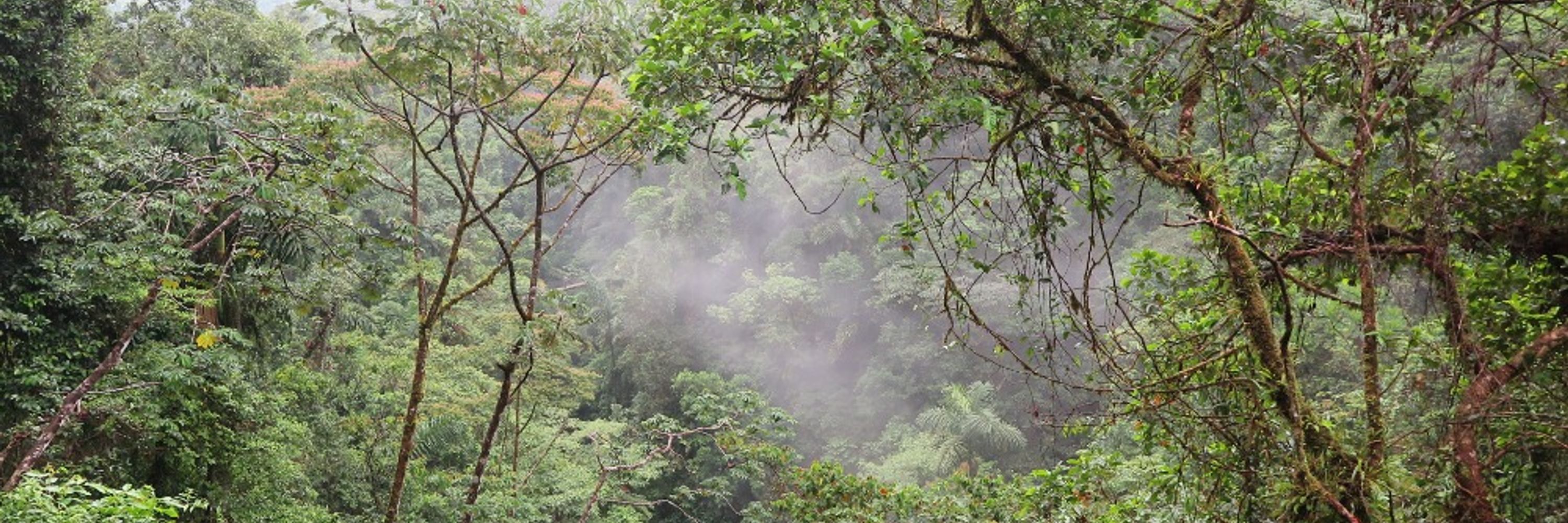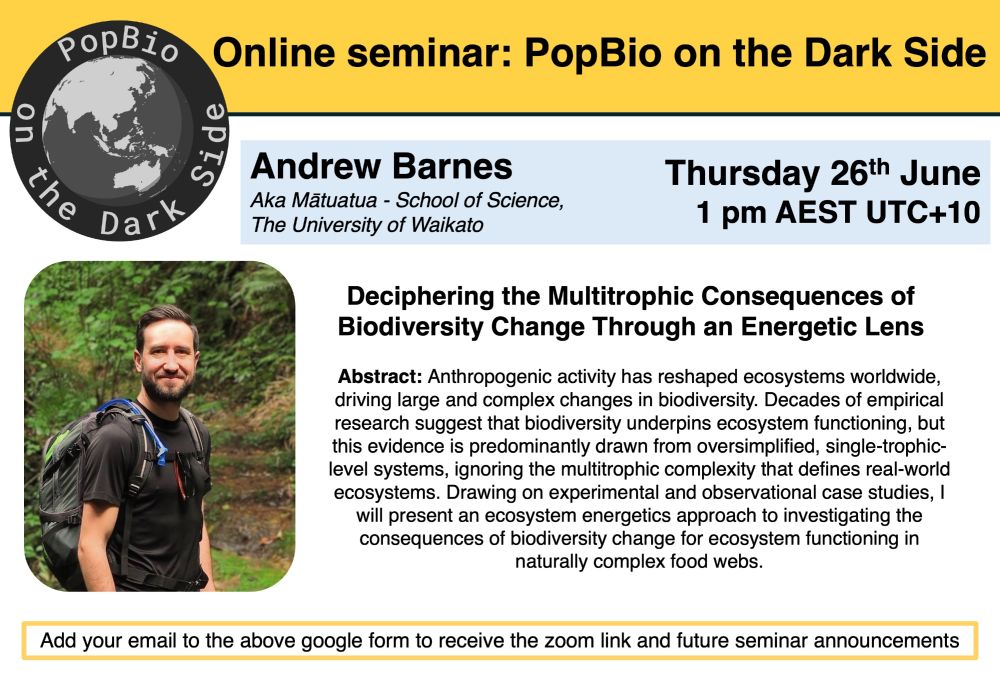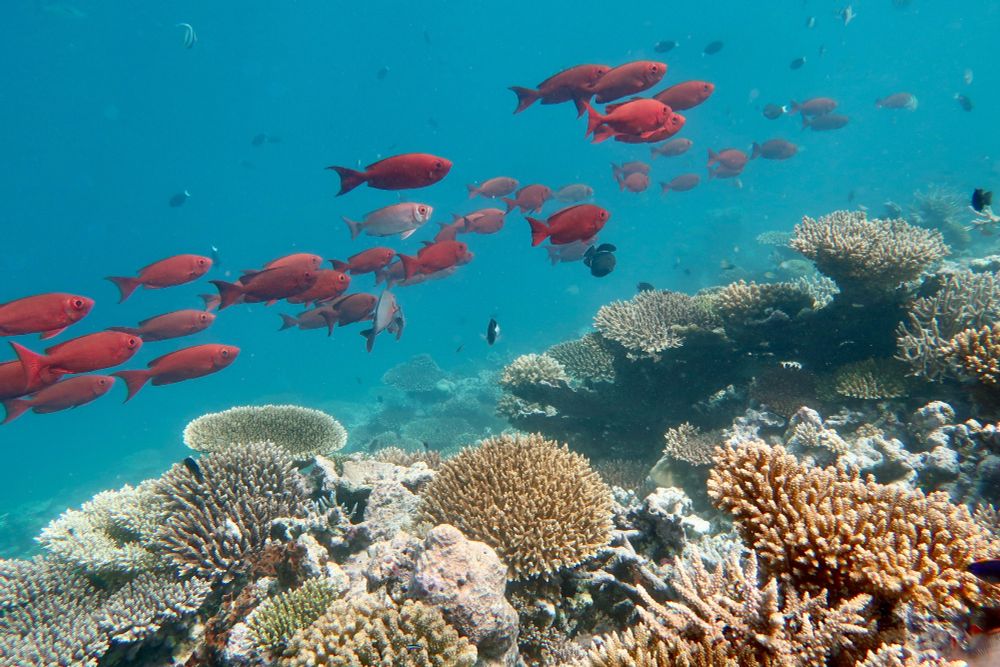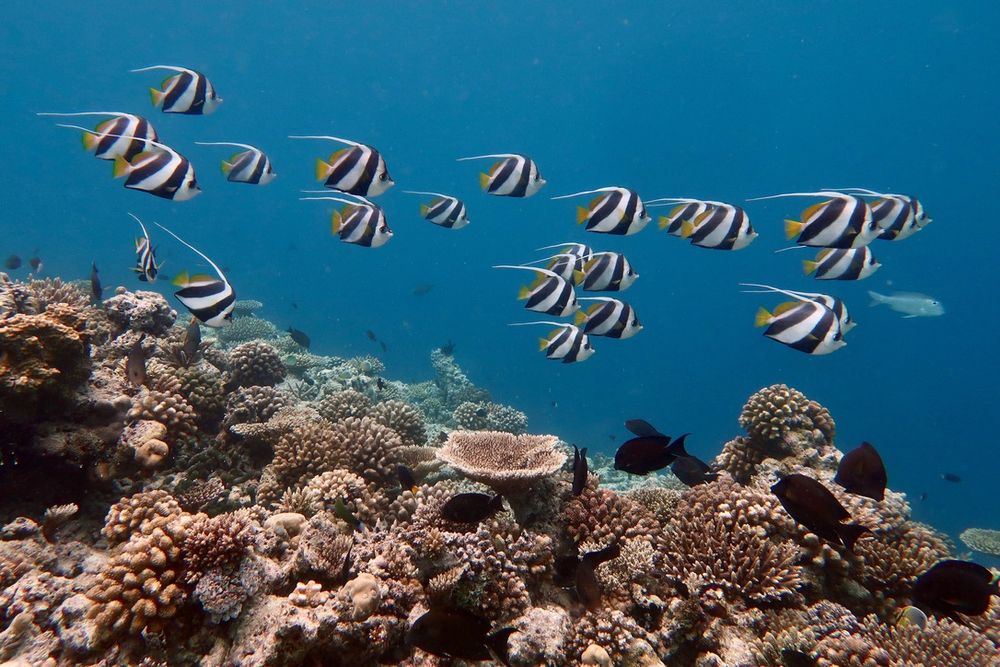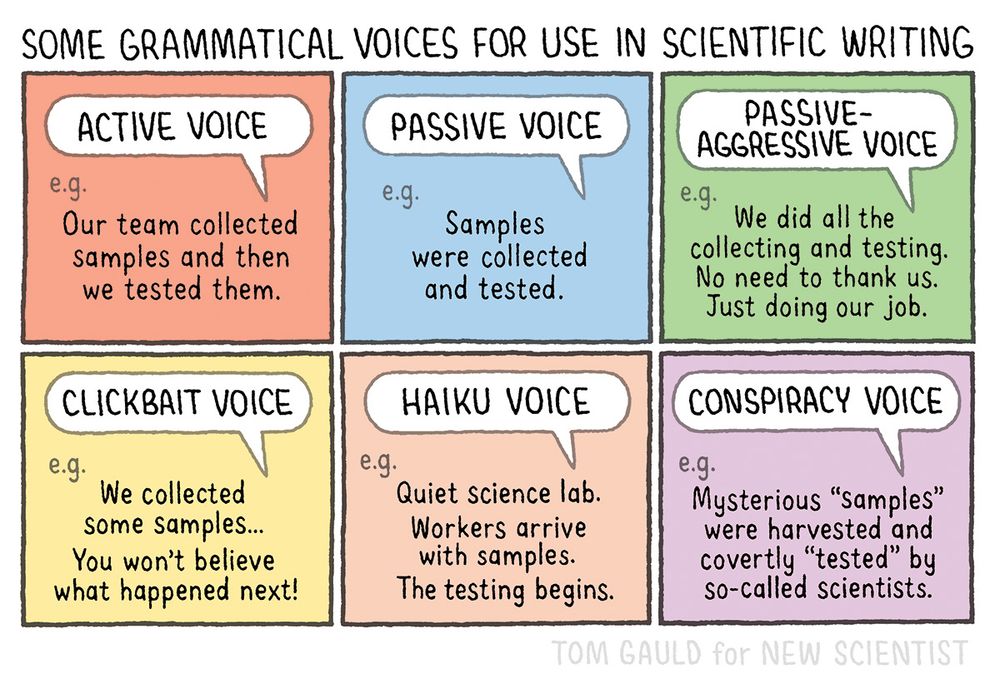Andrew Barnes
@barnesecodiv.bsky.social
1.6K followers
1K following
36 posts
Researcher in functional ecology & biodiversity, EcoDiv research lab leader @University of Waikato, Aotearoa - interested in all things ecology and beyond! he/him
More about our lab here: www.ecodivlab.com
Posts
Media
Videos
Starter Packs
Reposted by Andrew Barnes
Reposted by Andrew Barnes
Yung En Chee
@yungenchee.bsky.social
· Aug 22
Reposted by Andrew Barnes
Chia Hsieh
@chiahsieh.bsky.social
· Aug 22

Quantifying functionally equivalent species and ecological network dissimilarity with optimal transport distances
Quantifying the structure and dynamics of species interactions in ecological communities is fundamental to studying ecology and evolution. While there are numerous approaches to analysing ecologic...
doi.org
Andrew Barnes
@barnesecodiv.bsky.social
· Aug 18
Andrew Barnes
@barnesecodiv.bsky.social
· Aug 16
Reposted by Andrew Barnes
Reposted by Andrew Barnes
Reposted by Andrew Barnes
Reposted by Andrew Barnes
Andrew Barnes
@barnesecodiv.bsky.social
· Jun 24
Andrew Barnes
@barnesecodiv.bsky.social
· Jun 23
Reposted by Andrew Barnes
Etienne Bucher 🌾🧬🇪🇺
@plantepigenetics.ch
· Jun 18
Reposted by Andrew Barnes
Reposted by Andrew Barnes
Reposted by Andrew Barnes
